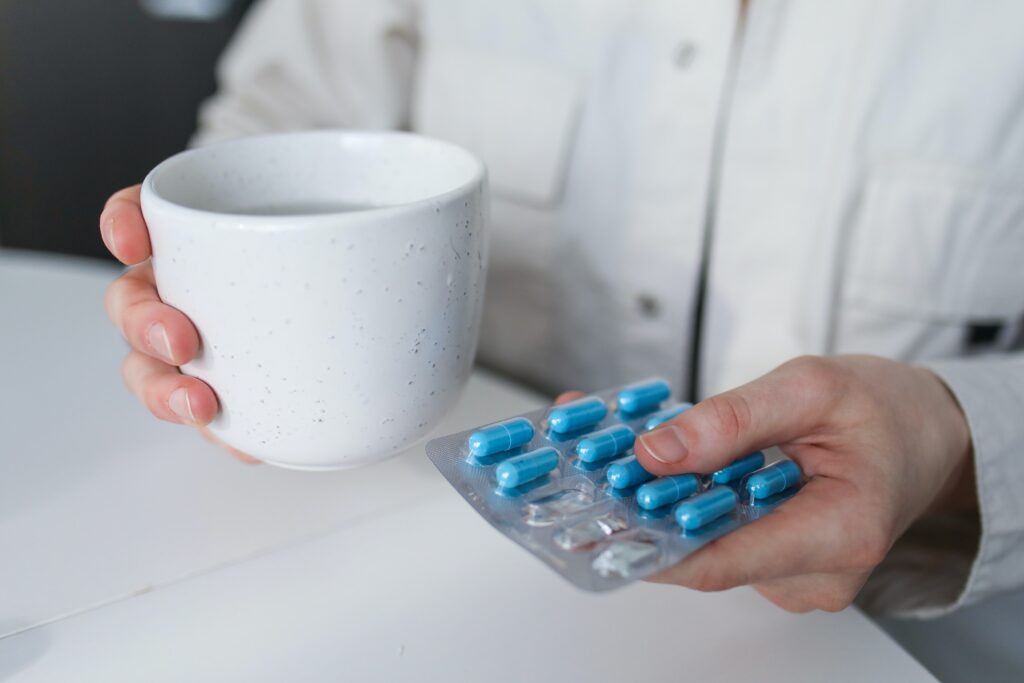Deciding to seek treatment for a mental health disorder is difficult enough, but then you are faced with the daunting task of trying different medications until you find one that works. This process can be frustrating and discouraging.
But what if there was a medication that worked quickly and had fewer side effects than traditional medications? Ketamine provides this relief for people suffering from depression or PTSD.
How Ketamine Works to Relieve Depression
Healthy brain activity relies on a careful balance of various chemical messengers or neurotransmitters. One of the most important of these is glutamate, which helps to relay signals between nerve cells and plays a role in controlling mood and anxiety.
When this system is working properly, we experience normal mood and cognition. However, in people with depression, there is often an imbalance of glutamate, which can lead to excessive worry, intrusive thoughts, and negative thinking. Ketamine works by altering glutamate levels to restore this balance, providing relief from these symptoms within hours.
Ketaminevs. Medication: Long-Term Effects

In addition to its rapid antidepressant effects, ketamine also has a longer-term effect on the brain, helping to promote the growth of new neural connections. The neural pathways formed through ketamine-based treatments enhance the brain’s ability to learn and store new information.
Ketamine doesn’t just mask the symptoms of depression or PTSD – it rewires the brain to allow for new, positive patterns of thought. This means that patients can experience long-lasting relief from their symptoms.
Ketamine vs. Medication: Which Works Faster?

First developed as an anesthetic, ketamine has unique properties that make it well suited for treating depression. Unlike traditional antidepressant medications, which can take weeks or even months to take effect, ketamine rapidly eases symptoms for patients who respond favorably in as little as two hours.
Ketamine vs. Medication: The Side Effects

While traditional antidepressants are effective for many people, they often have many unpleasant side effects. These can include weight gain, sexual dysfunction, nausea, dizziness, restlessness, and headaches. So even those who experience improvements in their mood may find the side effects intolerable.
Ketamine, on the other hand, is much better tolerated by patients. The most common side effects are mild dissociation and dizziness, which can cause feelings of floating or disconnectedness from one’s body. These side effects are typically short-lived and dissipate on their own within an hour or so after the injection.
Ketamine Works Differently than Medication Because it Works.

Ketamine is effective in treating major depressive disorder (MDD), treatment-resistant depression (TRD), and post-traumatic stress disorder (PTSD). Not only can ketamine improve various symptoms, but it can also significantly improve one’s quality of life.
For many people who have not responded to other treatments, ketamine provides hope for a better future.
Ketamine Assisted Psychotherapy (KAP) vs. Intramuscular Ketamine Injections (IM)

Ketamine-Assisted Psychotherapy (KAP) and Intramuscular Ketamine Injections (IM) are two cutting-edge treatments we offer here at New U Therapy & Family Services.
Please don’t suffer in silence if you struggle with depression, PTSD, or other mental health conditions. We would be happy to provide more information about how these innovative treatments could benefit you or your loved one.

